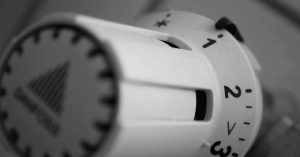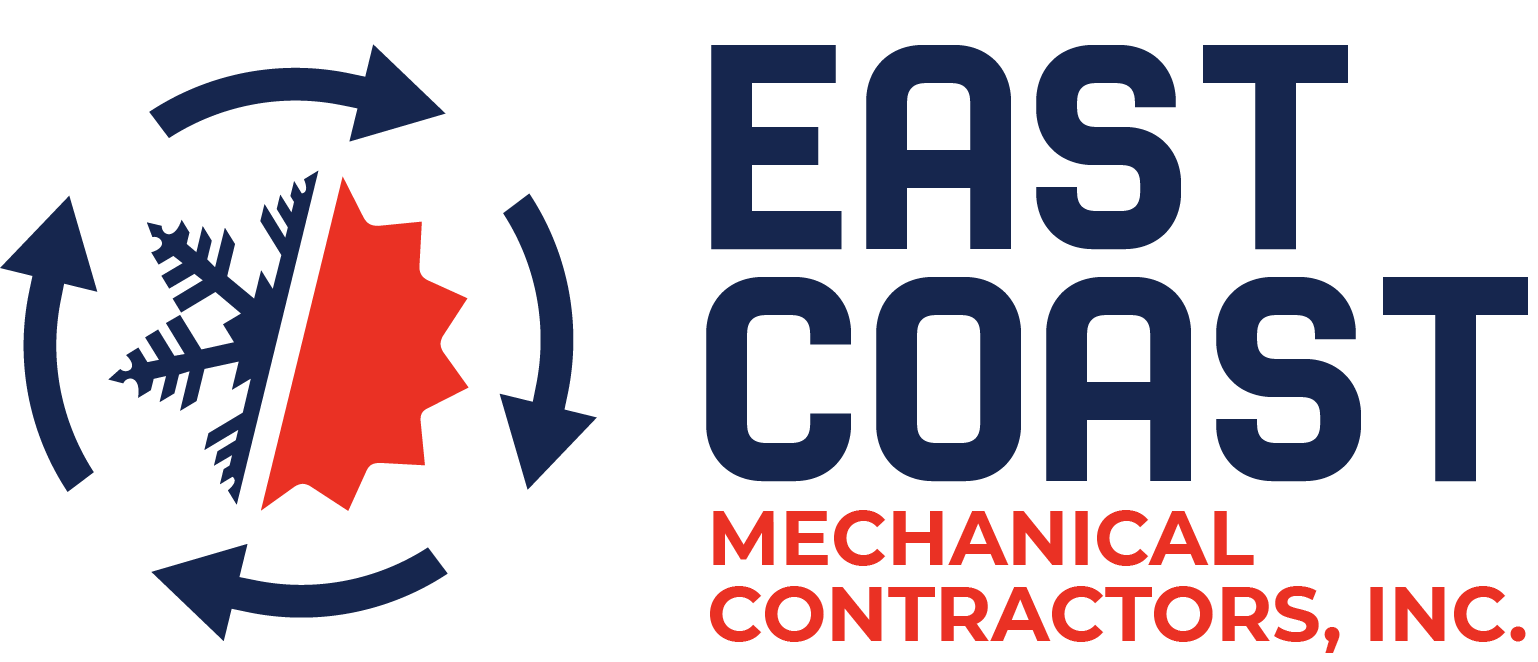If you’ve ever had to replace your air conditioning unit, or are in the market for a new one, you’ve likely encountered the term SEER rating. SEER stands for Seasonal Energy Efficiency Ratio, and it’s a critical factor when it comes to choosing an energy-efficient HVAC system. Understanding SEER ratings and how they impact your energy bills can help you make a more informed decision that benefits both your wallet and the environment.
In this blog, we will explain what SEER ratings are, how they affect your HVAC system’s energy consumption, and how choosing a higher SEER-rated system can lead to significant savings on your energy bills.
What is a SEER Rating?
A SEER rating measures the cooling efficiency of an air conditioning system or heat pump over an entire cooling season. The SEER value is calculated by dividing the total cooling output (measured in British Thermal Units or BTUs) during a typical cooling season by the total energy input (measured in watt-hours). Essentially, a higher SEER rating means your system is more energy-efficient, producing more cooling per unit of energy consumed.
In simple terms, the SEER rating tells you how efficiently an air conditioning system operates, which is crucial when you consider how much time you spend using your air conditioner, especially during the summer months.
How SEER Ratings Affect Your Energy Bills
The higher the SEER rating, the more efficient your HVAC system will be. A higher SEER rating means that your air conditioner uses less energy to cool your home, leading to lower monthly energy bills. 
For example, if you replace an older air conditioning unit with a newer, more energy-efficient unit, you could see significant savings on your cooling costs. A unit with a SEER rating of 16 is far more efficient than one with a rating of 12, meaning it uses less electricity to maintain the same level of cooling.
Let’s break down the relationship between SEER and energy consumption:
- SEER 13-15: Standard efficiency models. These are typically older units, and while they may still be operational, they aren’t the most energy-efficient.
- SEER 16-18: Above-average efficiency units. These offer a better balance of performance and energy savings, especially in regions with longer cooling seasons.
- SEER 19-25: High-efficiency models. These are the most energy-efficient options available, designed to deliver maximum cooling with minimal energy usage.
Benefits of Choosing a Higher SEER Rating
-
Lower Energy Costs A higher SEER-rated system uses less electricity to provide the same amount of cooling as lower-rated systems. The long-term savings on your energy bills can easily offset the slightly higher initial cost of a more efficient unit.
-
Better Comfort Higher-efficiency systems typically have better temperature regulation. They can maintain a consistent temperature more effectively, enhancing your comfort while using less energy.
-
Environmental Impact Reducing your energy consumption also reduces your carbon footprint. Higher SEER systems use less electricity, which can help decrease the environmental impact associated with energy production.
-
Increased System Longevity Higher-efficiency units tend to run more smoothly and consistently, which can lead to less wear and tear and a longer lifespan for your system. This means fewer repair costs and a better return on investment.
How to Choose the Right SEER Rating for Your Home
When selecting an HVAC system for your home, it’s important to balance energy efficiency with your specific cooling needs. While a higher SEER rating is better, it’s also crucial to consider factors such as the climate in your area, the size of your home, and how often you use your air conditioning. 
- For Hot Climates: If you live in an area with long, hot summers, investing in a higher SEER-rated system can significantly reduce your energy bills over time.
- For Moderate Climates: If you live in an area with milder temperatures and use air conditioning less frequently, a standard SEER rating may be sufficient.
- Size of Home: The larger the home, the more cooling power is required. Ensure that your new system is appropriately sized to handle the cooling load.
Why SEER Matters for Your Home and Business
Whether you’re cooling your home or running a business, choosing the right air conditioning system can have a significant impact on your monthly energy costs. By selecting an energy-efficient system with a higher SEER rating, you are making a long-term investment that will save you money, provide comfort, and help protect the environment.
At East Coast Mechanical, we specialize in providing expert HVAC installation, maintenance, and repair services to ensure your air conditioning system is running at peak efficiency. Our team of professionals can help you select the best system for your home or business based on your cooling needs and budget.
Contact Us for Expert HVAC Services
If you’re ready to upgrade your air conditioning system and want to learn more about SEER ratings and energy-efficient options, East Coast Mechanical is here to help. Contact us today for a free consultation or to schedule HVAC services.
Contact Details:
- Phone: 732-751-8877
- Email: ecmcecmc@aol.com
- Website: https://ecmchvac.com
Address: 5133 W Hurley Pond Rd #A, Wall Township, NJ 07727
Related Posts:
- Is Your HVAC System Wasting Energy? Signs You Need an Upgrade
- How to Choose the Right HVAC System for Your NJ Home
- Why an Energy-Efficient Furnace is a Worthy Investment

